 |
| October 22, 2020 |
Dear Reader,
Many of the symptoms experienced by people infected with SARS-CoV-2 involve the nervous system. But the way it actually affects nerve cells still remains a bit of a mystery. Can immune system activation alone produce symptoms? Or does the novel coronavirus directly attack the nervous system? Read our lead story to learn more. Also featured in today's roundup, AI could soon help screen for Alzheimer's disease by analyzing writing. And lastly, scientists are learning more than ever before about how to protect astronauts from the perils of spaceflight. |
| | Sunya Bhutta, Senior Editor, Audience Engagement
@sunyaaa | |
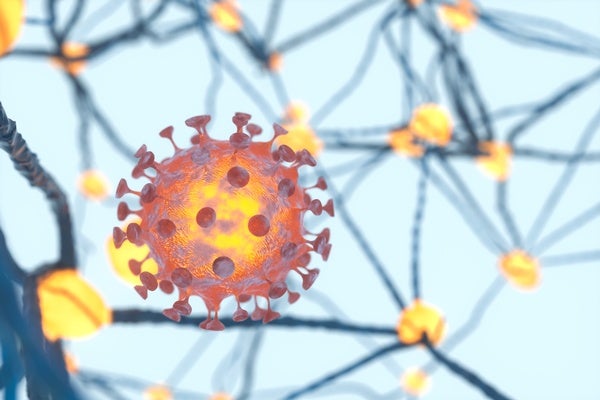 |
| |
| |
| |
| |
| |
| |
| Natural Disasters Dinosaur Asteroid Hit Worst Case Place The mass extinction asteroid happened to strike a place where the rock contained lots of organic matter, and sent soot into the stratosphere where it could block sunlight for years. |  | By Julia Rosen | 03:23 | | | |
FROM THE STORE
 | | The Science Behind the Debates People say that they trust scientists, yet evidence often takes a back seat to emotions. In fact, for issues that cause the loudest public furor - like vaccine safety - there is almost no debate in the scientific community. In this eBook, we examine the science behind today's most contentious debates including gun control, GMOs and evolution, as well as strategies for understanding and coping with denialism.
*Editor's Note: This eBook was originally published as a Special Edition The eBook adaptation contains all of the articles, but some of the artwork has been removed to optimize viewing on tablet devices. |  | | |
| |
LATEST ISSUES
 |
| |
| Questions? Comments?  | |
| Download the Scientific American App |
| |
| |




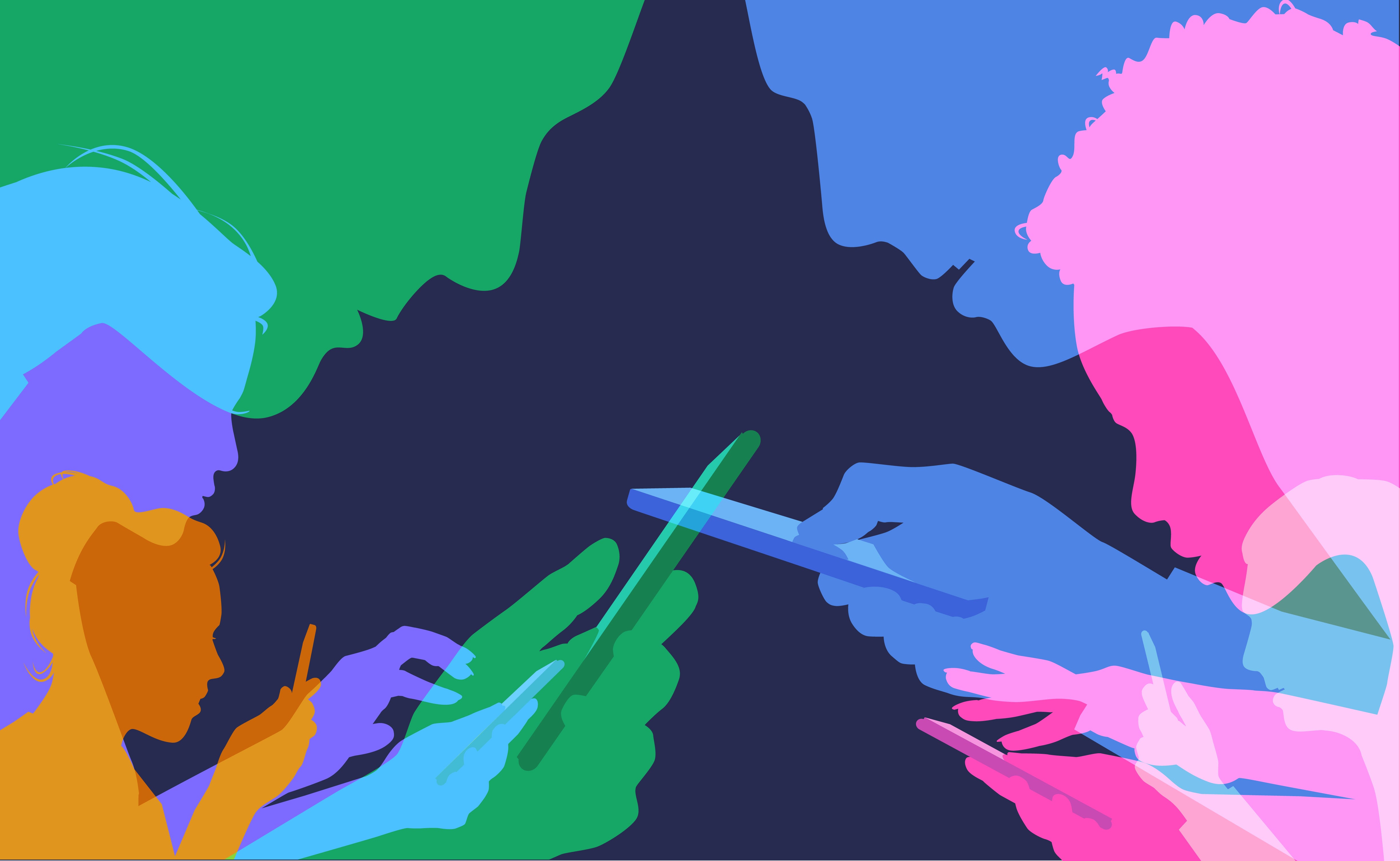
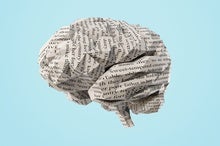


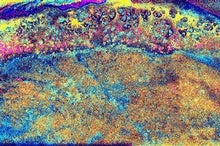




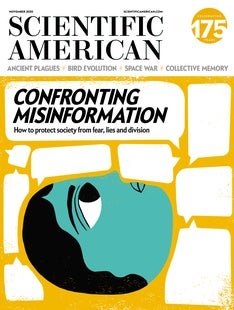


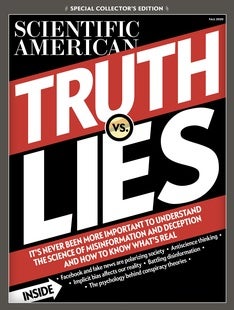
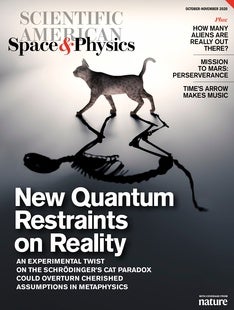



Comments
Post a Comment